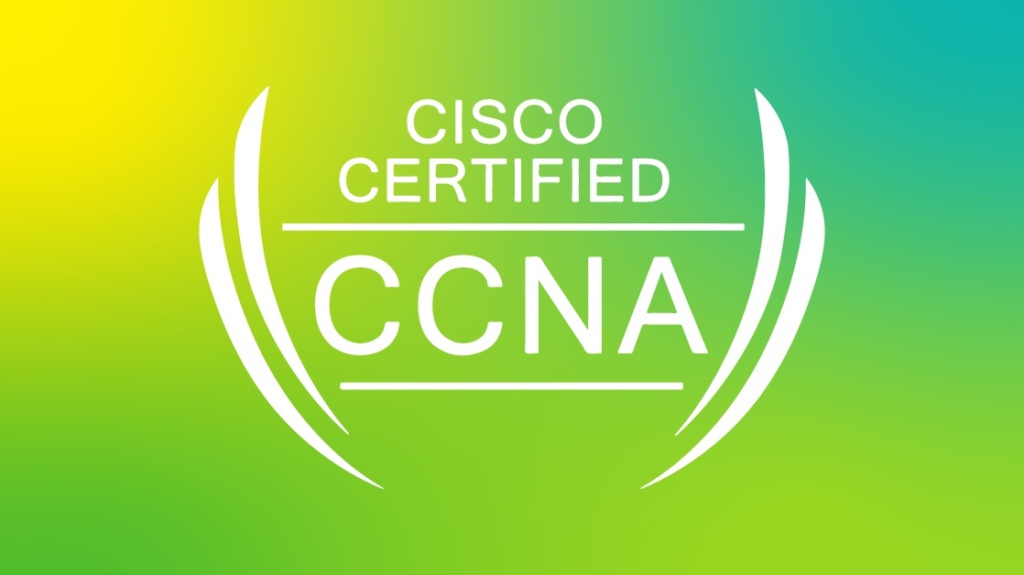In the dynamic and ever-evolving realm of information technology, obtaining certifications is a strategic move for professionals looking to stand out in a competitive job market. Among the plethora of certifications available, the Cisco Certified Network Associate (CCNA) certification is widely recognized and valued for its role in shaping networking professionals. This article explores the compelling reasons why pursuing a Cisco CCNA certification is not only advantageous but also opens up a plethora of opportunities for individuals in the IT industry.
Why Pursue a Cisco CCNA Certification: Advantages and Opportunities
Here are defined why pursue a Cisco CCNA certification: Advantages and Opportunities
The Power of Cisco CCNA Certification
Cisco Systems, a global leader in networking technologies, offers the CCNA certification as a cornerstone for IT professionals aiming to build a robust foundation in networking. The CCNA certification validates an individual's proficiency in networking fundamentals, protocols, and technologies, making it a reputable and sought-after credential in the industry.
Global Recognition and Credibility
One of the primary advantages of earning a CCNA certification is the global recognition and credibility it bestows upon professionals. Cisco's reputation for setting industry standards in networking ensures that CCNA-certified individuals are held in high esteem by employers worldwide. The certification acts as a testament to an individual's commitment to excellence and expertise in networking, making them stand out in a competitive job market.
Comprehensive Curriculum
The CCNA certification boasts a comprehensive curriculum that covers a wide range of networking topics. From routing and switching to security, wireless networking, and emerging technologies, the certification ensures that professionals have a holistic understanding of the networking landscape. The depth and breadth of the curriculum provide individuals with the knowledge and skills necessary to design, implement, and manage networks effectively.
Hands-On Learning and Practical Experience
Unlike some certifications that focus solely on theoretical knowledge, the CCNA certification places a strong emphasis on hands-on learning. Through practical labs and simulations, candidates gain real-world experience in configuring routers, switches, and other networking devices. This practical approach not only enhances understanding but also equips professionals with the skills needed to troubleshoot and solve complex networking issues in their roles.
Routing and Switching Expertise
The CCNA certification's core focus on routing and switching is instrumental in developing professionals who are adept at managing the backbone of modern networks. Candidates learn to configure and troubleshoot routers and switches, understand routing protocols, and optimize network performance. This expertise is highly valued by employers, as efficient routing and switching are crucial for seamless communication and data flow within organizations.
Security Proficiency
In an era where cybersecurity is a top priority, the CCNA certification includes a significant focus on network security. Certified professionals are well-versed in implementing security measures to safeguard networks from unauthorized access, data breaches, and other cyber threats. This security proficiency is a valuable asset in an increasingly digitized and interconnected world.
Career Advancement Opportunities
Achieving CCNA certification opens up a myriad of career advancement opportunities for networking professionals. Employers actively seek CCNA-certified individuals for roles such as network administrator, network engineer, and IT support specialist. Moreover, the CCNA certification serves as a foundational step for those looking to pursue more advanced Cisco certifications, enabling specialization in areas such as cybersecurity, collaboration, or data center networking.
Adaptability to Emerging Technologies
The CCNA curriculum encompasses emerging technologies such as wireless networking, cloud computing, and the Internet of Things (IoT). This forward-looking approach ensures that CCNA-certified professionals are not only well-versed in traditional networking but also equipped to navigate the evolving technological landscape. The ability to adapt to emerging trends is a valuable asset in an industry where innovation is constant.
Membership in the Cisco Certification Community
Obtaining a CCNA certification grants individuals membership in the exclusive Cisco certification community. This community provides access to resources, forums, and networking opportunities that facilitate ongoing learning and professional development. Being part of this community allows certified professionals to stay abreast of industry trends, share insights, and connect with like-minded individuals.
Conclusion
In conclusion, pursuing a Cisco CCNA certification offers a multitude of advantages and opportunities for individuals in the IT industry. From global recognition and a comprehensive curriculum to hands-on learning, security proficiency, and adaptability to emerging technologies, the CCNA certification is a transformative step in the career of networking professionals. The skills and knowledge acquired through the certification not only make individuals highly marketable but also position them as valuable contributors to the ever-evolving landscape of information technology. Whether starting a career in networking or seeking to advance in the field, the CCNA certification remains a strategic investment with lasting benefits for those who aspire to excel in the world of networking.


No comments yet